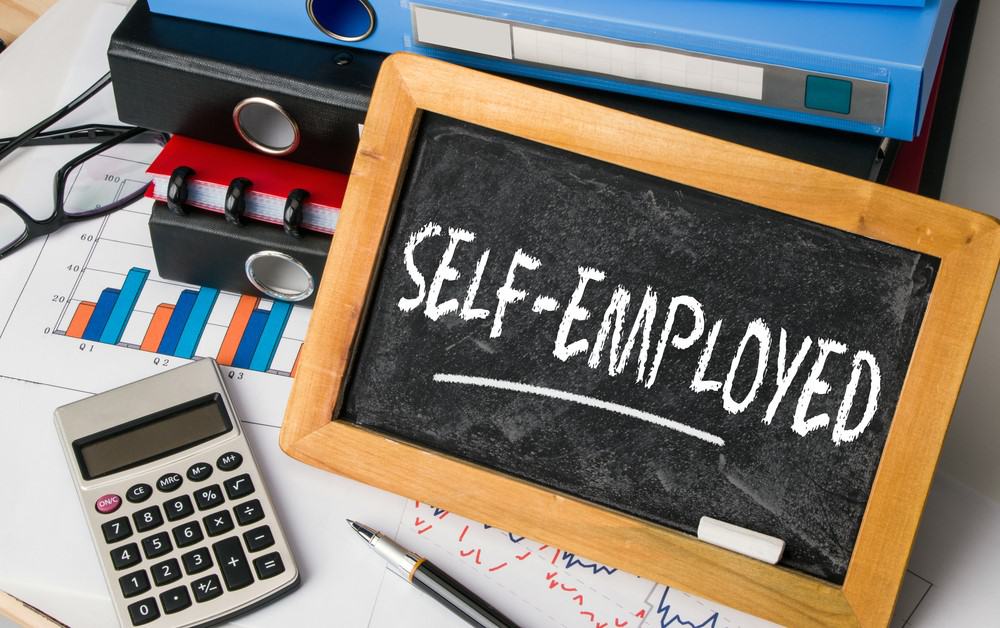Self-employed borrowers can and often do qualify for loans. If you’re self-employed, you need the right documentation to prove you can meet the requirements of your mortgage lender. Here’s what you need to know.
Income and Documentation Verification
Your lender will want to see that you are financially stable enough to make you a good risk. Because you’re self-employed, this increases the amount of documentation you need to provide. Lenders need to verify that you have income coming in, and they can’t look at your paycheck stubs to get that verification.
Some things your lender will want to see include:
- Completed personal tax returns from the last two years
- Complete business income tax returns for the last two years if you operate as a corporation or partnership
- A copy of your business license or a written statement from your CPA indicating you have been in business for two years.
Sometimes businesses who have not yet filed their tax returns will be asked for a profit and loss statement. That statement must have a CPA audit for verification. Your lender has the right to ask for additional information to prove your income if the above documents are not sufficient.
To make sure you have the right documentation, talk to your lender early in the process. Find out what they will want to see as part of your mortgage application, and start gathering those items.
Credit Score
Next, your lender will pull your credit history. This shows how much of a credit risk you represent. Most of the time, lenders want to see a minimum credit score of 620. The higher your score, the more likely it is that you will be approved for your loan.
Debt-to-Income Ratio
Your debt-to-income ratio is the ratio of your debts compared to your income.
The debt-to-income ratio will consider both your housing debt and your non-housing recurring debt. This includes credit cards, car loans, student loans, child support, alimony, real estate payments, and other loans.
It’s not uncommon for business owners, including self-employed individuals, to have some business-related debts. Mortgage lenders will review your tax return and other supporting documentation to determine along with your personal debts.
Getting a mortgage while self-employed is very possible, there are just additional steps in the process. If you are looking into applying for a mortgage and are self-employed these are a few things to keep in mind and be prepared for. Call Mid America Mortgage for help on getting the loan you need to buy for your home.



